
The Elephant in the Room - London’s Latin clubs fighting urban development
Dance floors in the Elephant & Castle’s Latin Quarter are under threat. We speak to members of a community fighting for space.
In the back corner of Distriandina is a soundsystem. Above the stack of large black speakers, dangling from the ceiling in the centre of the room is a disco ball, lights and air con units – the trifecta of a good party. Painted murals of musicians in turquoise, red, yellow and lime adorn the walls – Marco Anotonio Solis, Juan Gabriel, Vincent Fernandez, Ana Gabriel.
Today, on a Wednesday afternoon, the room is full of people sitting and eating, Spanish news channel RTVE is on, and even as people order lunch in this unassuming corner of Elephant and Castle in South London, La Distriandina reminds you of its double life as a club space whenever the light reflects from the disco ball into the corner of your eye. Behind the bar, Paola and Gerard are serving coffees and name checking artists that you can hear here on the weekend: Romeo Santos, Enrique Iglesias, Maluma.
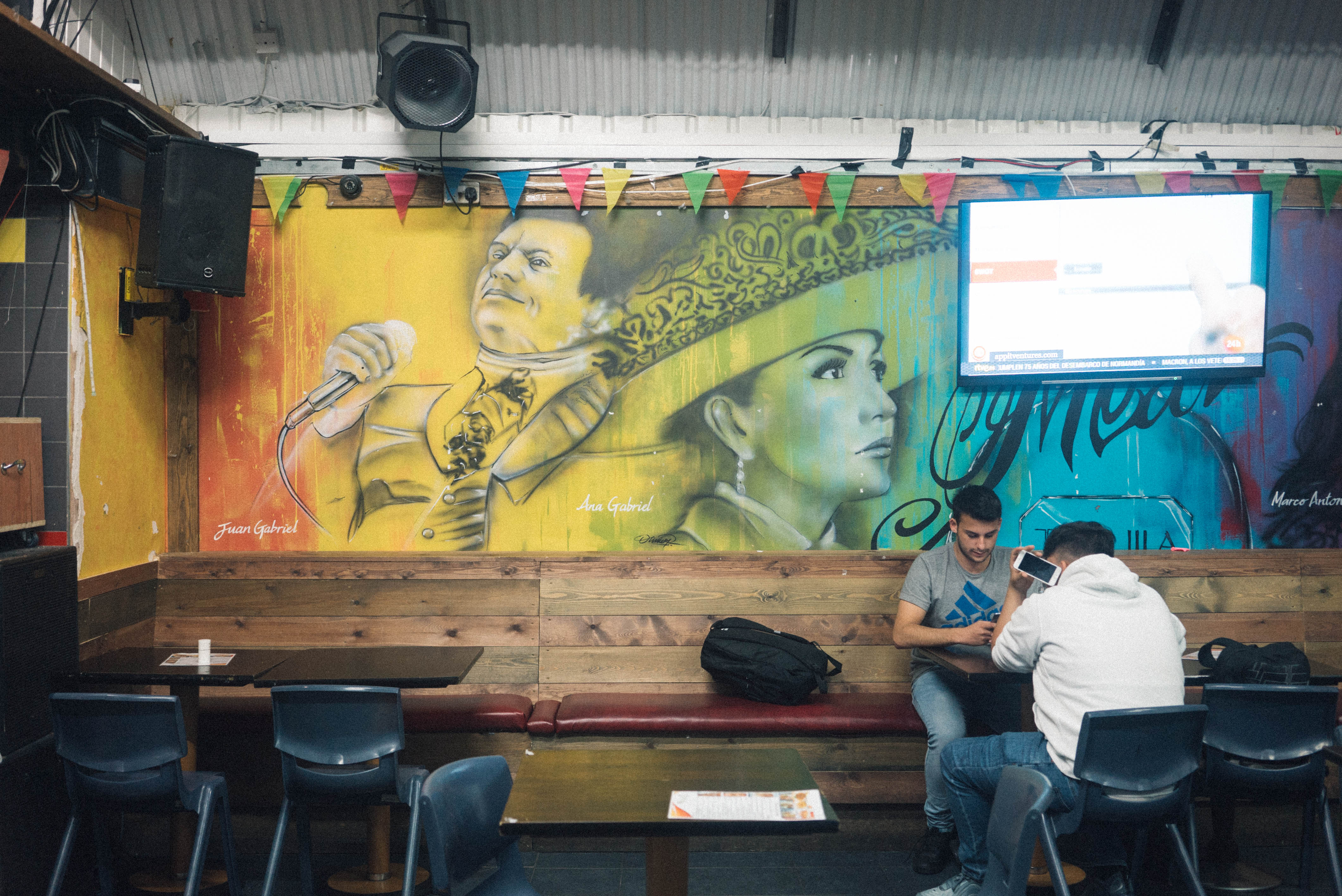
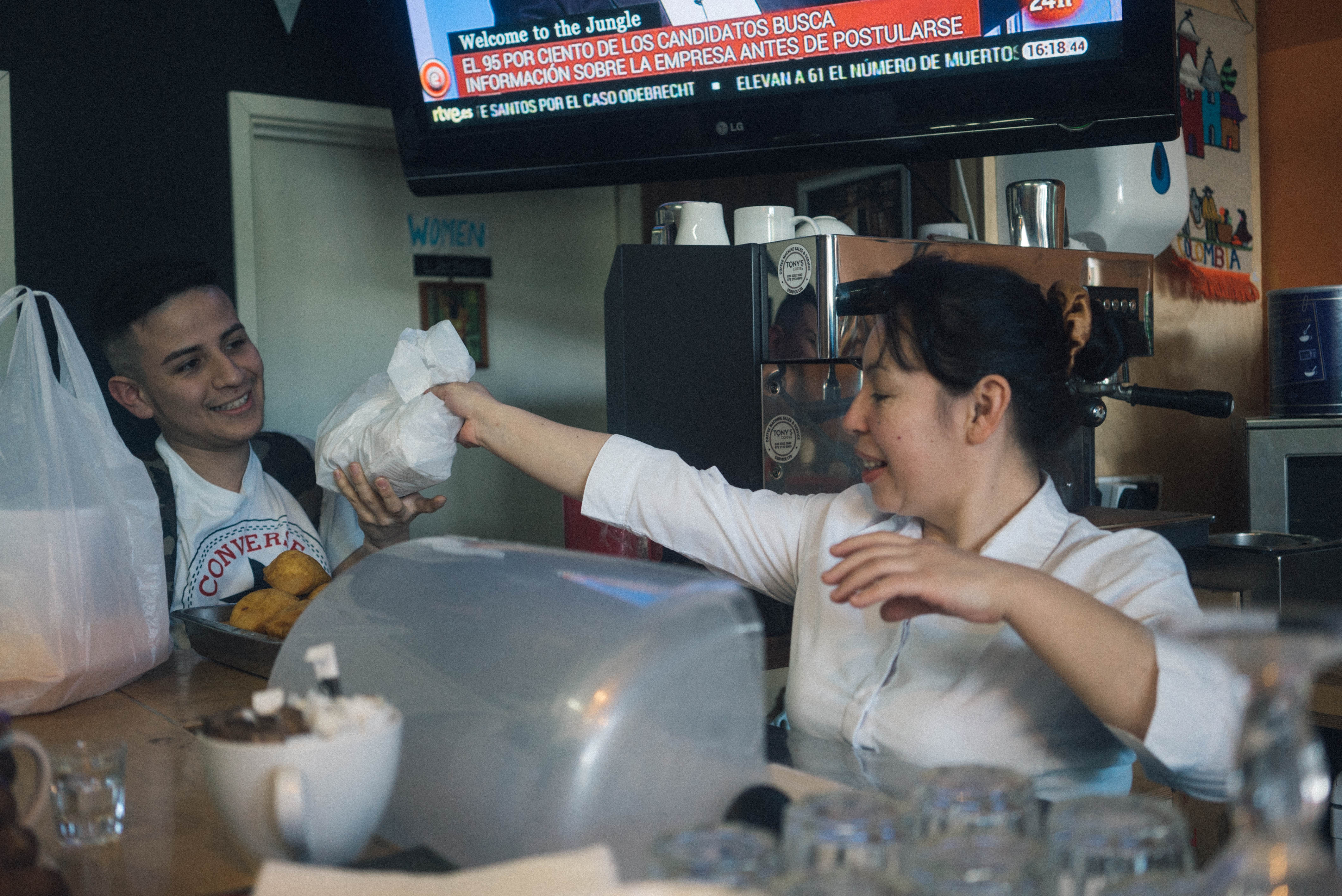
21-year-old Mateo Quintero is laughing down the phone to me as he says, “these people have known me all my life! I’ve grown up here”. He’s referring to the locals, who have seen him grow up behind the counter and on the dancefloor of La Distriandina, located at arch six and seven underneath the train station. These arches are connected to another hub: the shopping centre. His father, Cesar Quintero opened this business in 2002, after arriving to the UK in the ‘90s from the coastal regions of Colombia. “It was one of the first Latin American businesses in the area and it has multi functions” Mateo tells me. “It’s a restaurant, coffee shop and bakery, and on the weekends and evenings it's also a bar and nightclub. It’s Latin American music so a range of styles from salsa, meringue, reggaeton, bachata…my dad’s favourite is Diomedes Díaz, he's a big vallenato artist”.
Quintero’s family are the lynchpin of a Latin American community whose modern migration history in the UK followed the immigration act in 1971 enabling, amongst other things, easy access for British overseas territories and colonies to live and work in the UK. The result was a thriving dance culture, where the British landscape was transformed thanks to the contributions of latinx, afro latinx, and other diverse Latin American communities. The idea of creating a space to dance has an obvious importance to people that understand the link between the community and the agents of social change dancefloors can be.
The place today is a lunch spot - locals like Cesar Sanabria come here most days to sit and work. With the help of a translator, and between bites of his frijoles Colombianos, a rich, spicy black bean soup, he tells me: “I am from Palmira in Colombia, where we listen to a lot of salsa, and I’ve been here for six years. I come here pretty much everyday to chill. What we have here is like a little island”. Cesar also comes when the space is transformed into a hot, electric dance space where the scent of Aguardiente, a clear cane sugar spirit and Colombia’s national drink, fills the air. At its mention, Paola implores me to try a shot that tastes like a mix of aniseed and lemon, designed for sipping with water. I take a gulp, shudder, and from behind the bar, she laughs uproariously : “Two more of those and you’ll be dancing the merengue!”
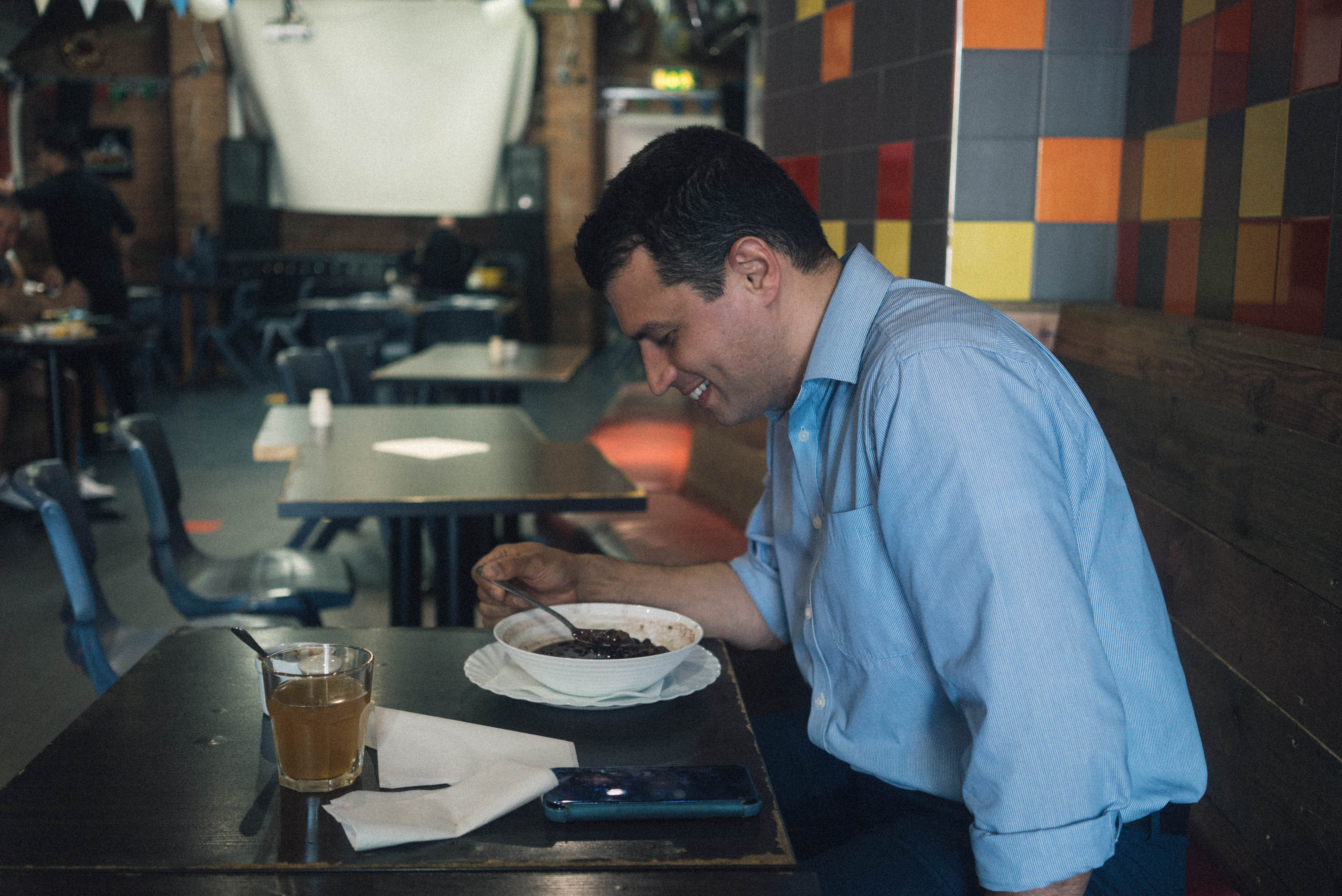
Having places like these, where you can hear despecho, ballanato, or reggaeton on weekends and evenings for many, sends a political message about staking a claim in the country you now call home, to find a place for yourself. “These places are special,” says Mateo. “It’s important to have Latin American venues. Obviously having restaurants and cafes is good as well, but I think having a place to dance is important.”
Mateo tells me there is a social aspect to it as well. “Our main customers are people from Latin American communities who usually work long hours or work cleaning or retail jobs, you know? So it’s a place to unwind for them.”
Despite the powerful respite and strength its brings, La Distriandina is now under threat of closure. Following a planning proposal which would close the Elephant and Castle shopping centre, property developer Delancey is working with Southwark Council to redevelop the shopping centre. The 20-year-old family business would be amongst countless other closures. “They are going to build a walkway from Elephant road into the new town centre development” says Mateo sagely. “Our business would have to close as a result."
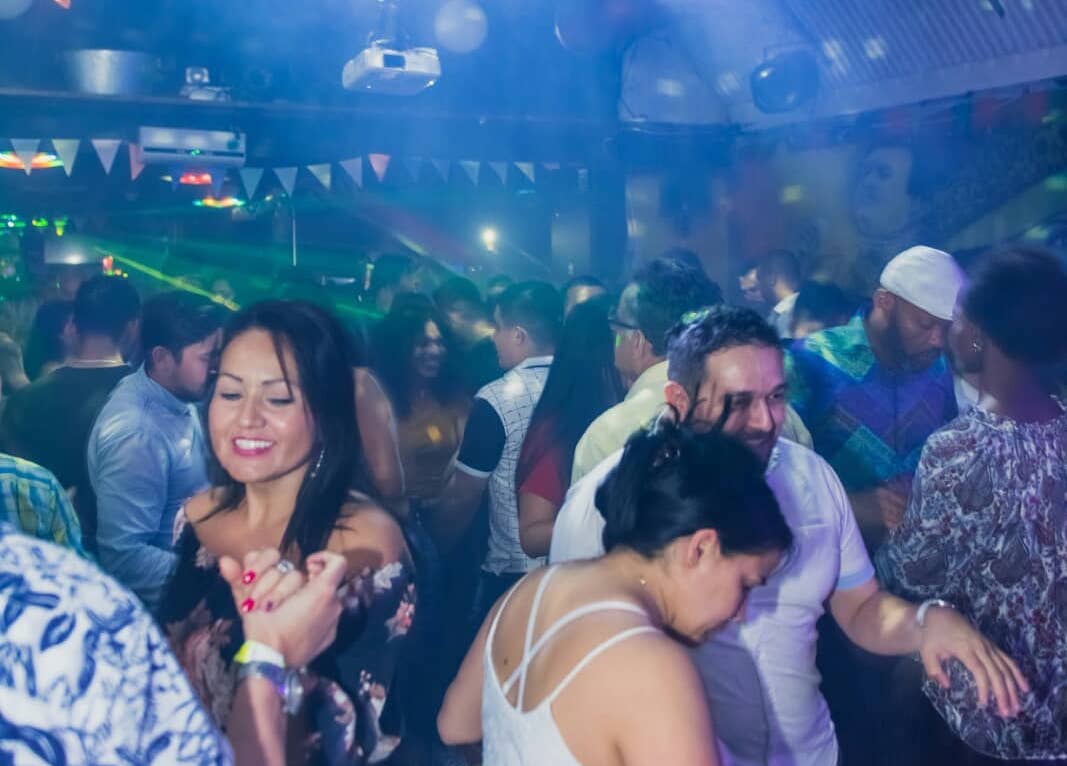
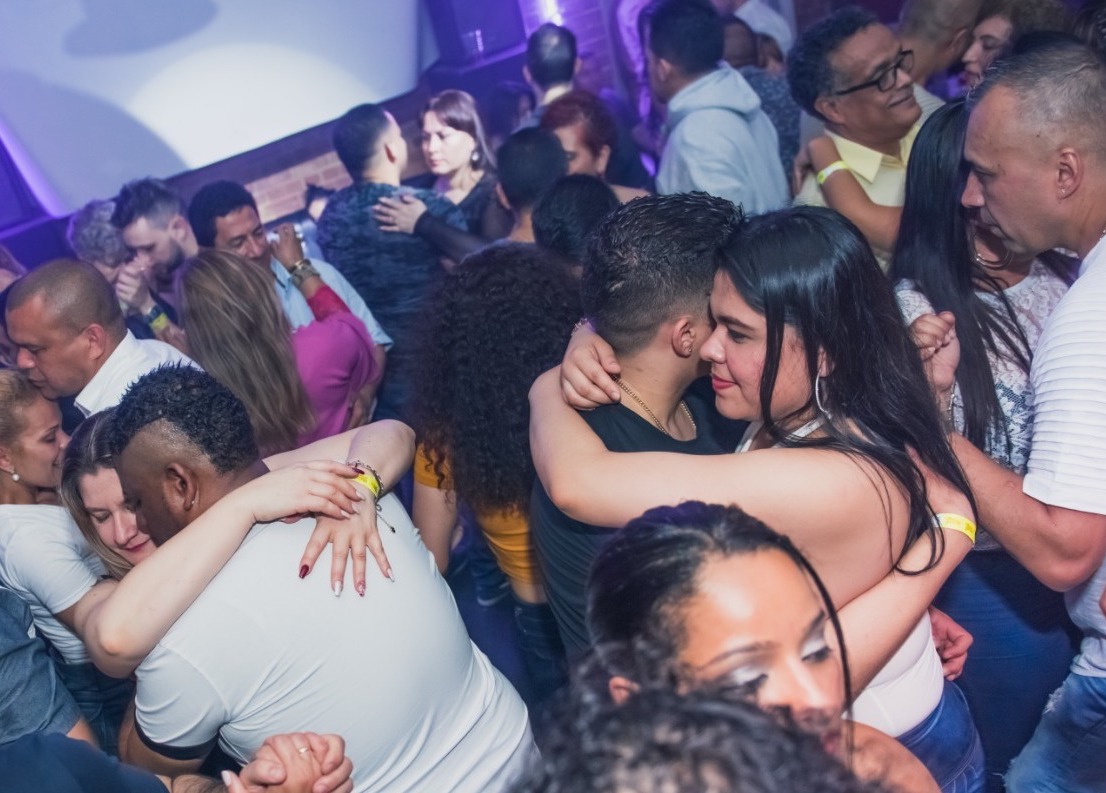
The crucial work to try and keep this community connected through physical space is being fought, in part, by Jerry Flynn, a campaigner part of the 35 Per Cent and Up The Elephant projects he describes as being “against the supposed redevelopment of the shopping centre. Or at least, the proposal that developer Delancey has bought forward which is a very large build to rent scheme.” At present, Delancey have planning permission for the redevelopment to go ahead, and it is precisely this ruling that Up the Elephant are trying to overturn in the high court.
“Success in a judicial review is very difficult,” explains Jerry over the phone, “but we feel we have a good case. We’ve got existing business in the shopping centre, small independent traders from all over the world, particularly in the Latin American community and we’d like to keep them in the area. We'd like them to be better treated. We want more social rented units. We’re arguing that there should be at least 42. There's 116 proposed out of almost 1000 units in total and it's just not enough. We want more.” They are currently crowdfunding for legal fees, and post updates on the slow destruction of the centre online.
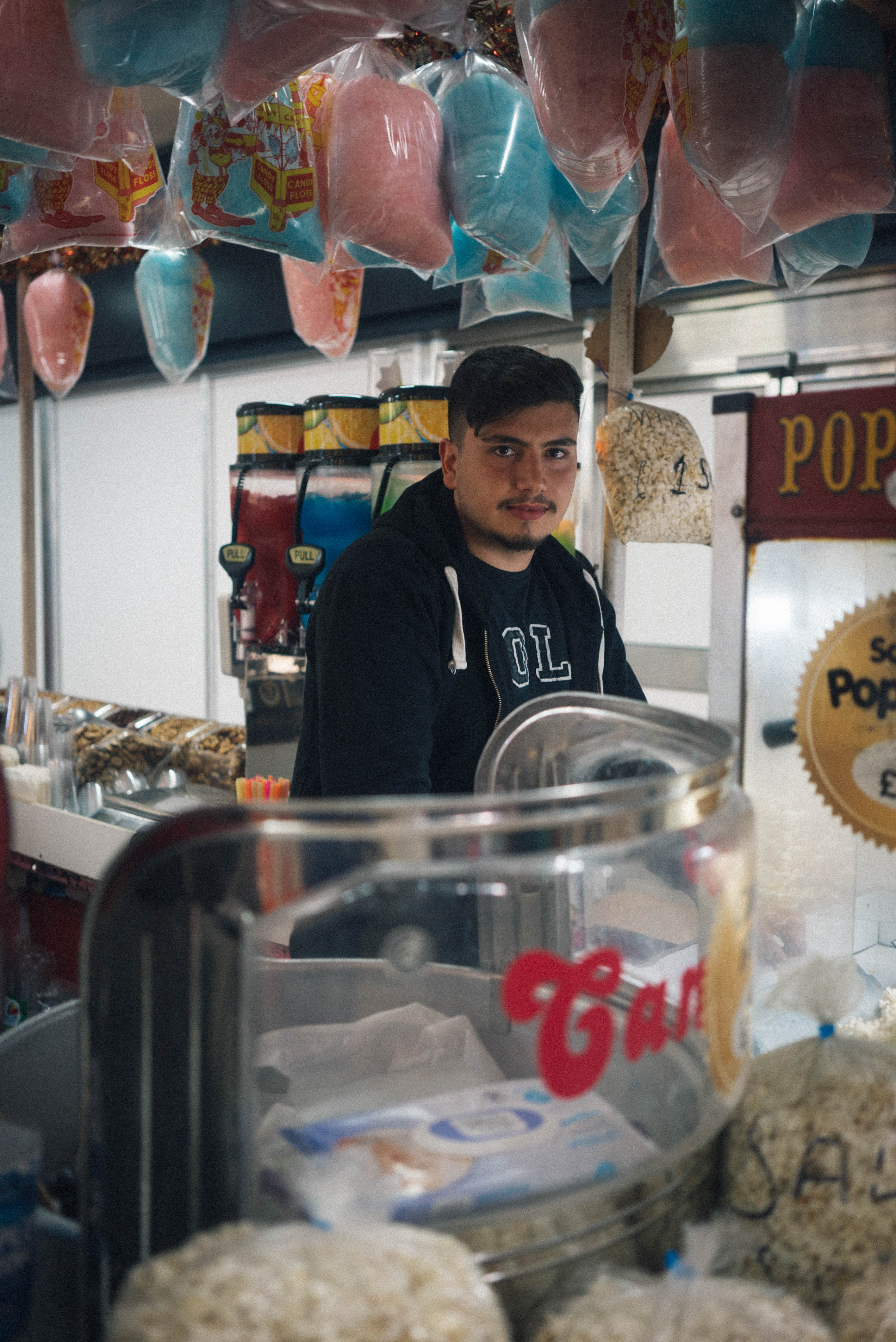
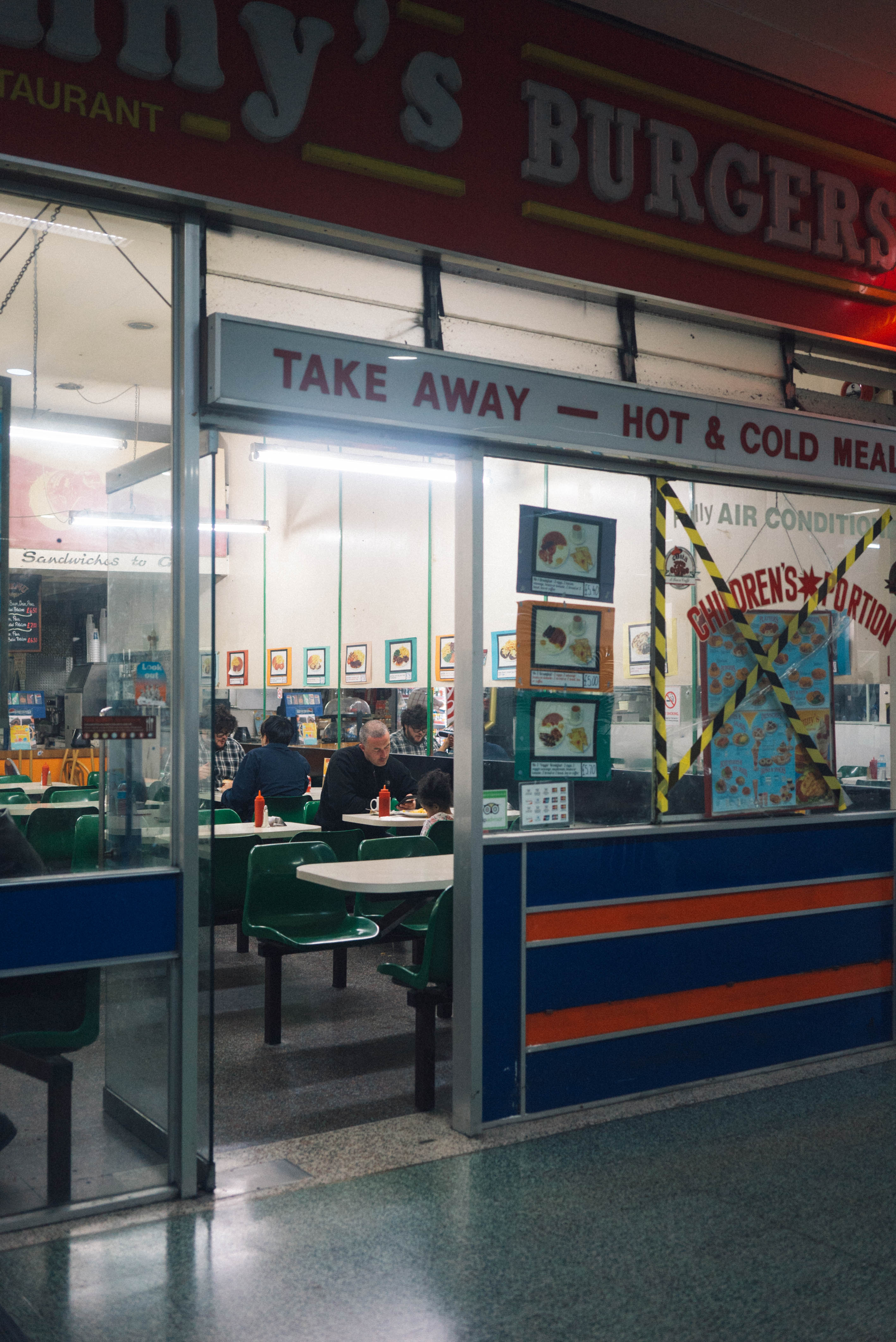
The point here, that music and social housing and communities and culture are all connected, is an important one to remember in a political climate where these increasingly rare spaces are under threat. When housing, businesses and communities are attacked, it’s hard not to see this as calculated, political decision-making about who is made to leave and who gets to stay in their homes.
The precious nature of places catering to locals like Cesar have an impact. Not just to be able to feel the pulsing release that bachata brings, but the family you create for yourself when you provide food and music to a community who has known you your whole life. “It would be devastating for the business and the whole community because we will be left without any music venue” says Mateo sagely. “It would be really sad because for the last 20 years there’s been us, and La Bodeguita.”
La Bodeguita is a two minute walk from La Distriandina, in the shopping centre, and is also a staple part of the diet of dancing night culture in the area. It too, has sound systems in the centre of the room. On the right hand side of the restaurant is a hatch where the chef exchanges laughs with waiting staff. On the left of the window is a shiny impending figure of the encroaching change in the form of a duo of estate agents - Gordon & Co. and Chase Evans - peering over from across the street from dazzling, clinical offices. A few metres away is the place where Tony Blair, in his first Prime Minister’s address in 1997 visited and famously declared “There will be no forgotten people in the Britain I want to build”. That place was Heygate Estate, which housed over 1200 people...it has now been demolished thanks to ‘regeneration.’
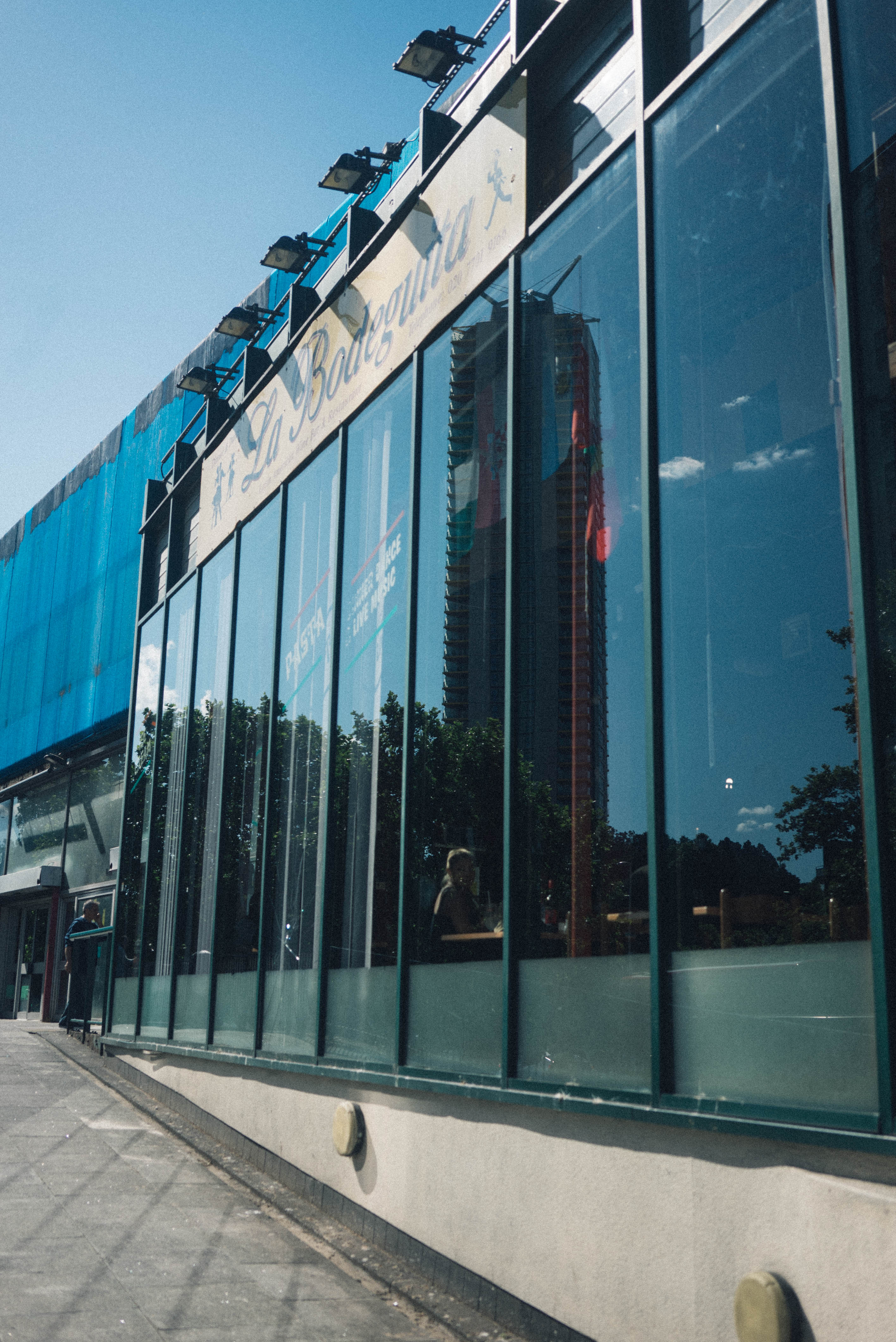
Over crispy and delicious croquetas de pollo, and chunky yucca fruta con guacamole (cassava fries), I share a few words with a family on the table next to me, consisting of three generations of Ecuadorian women. I ask them why they come here, and as a woman in her twenties spoons guacamole into her small child's mouth with perfectly accompanying neon green acrylics, her own mother, answers: “This is where I see my friends, and I came to listen to salsa music,” she smiles. “I like the people and the atmosphere and the food is very good.'' She takes a bite of her fried belly pork. “Where else would I go?”
You can support the 35 Per Cent and Up The Elephant campaign, and donate towards Save Latin Village and Latin Elephant who are fighting against redevelopment.
In Seven Sisters the Latin Village is also under threat - you can find out more about the Save Latin Village campaign, and support their crowdjustice page.
Article by Kieran Yates (follow on Twitter)
Photography by Irene Baqué (follow on Twitter)
Nightclub photography courtesy of Jander Studio
A part of System, a BR series celebrating migration’s impact on the global underground.






























